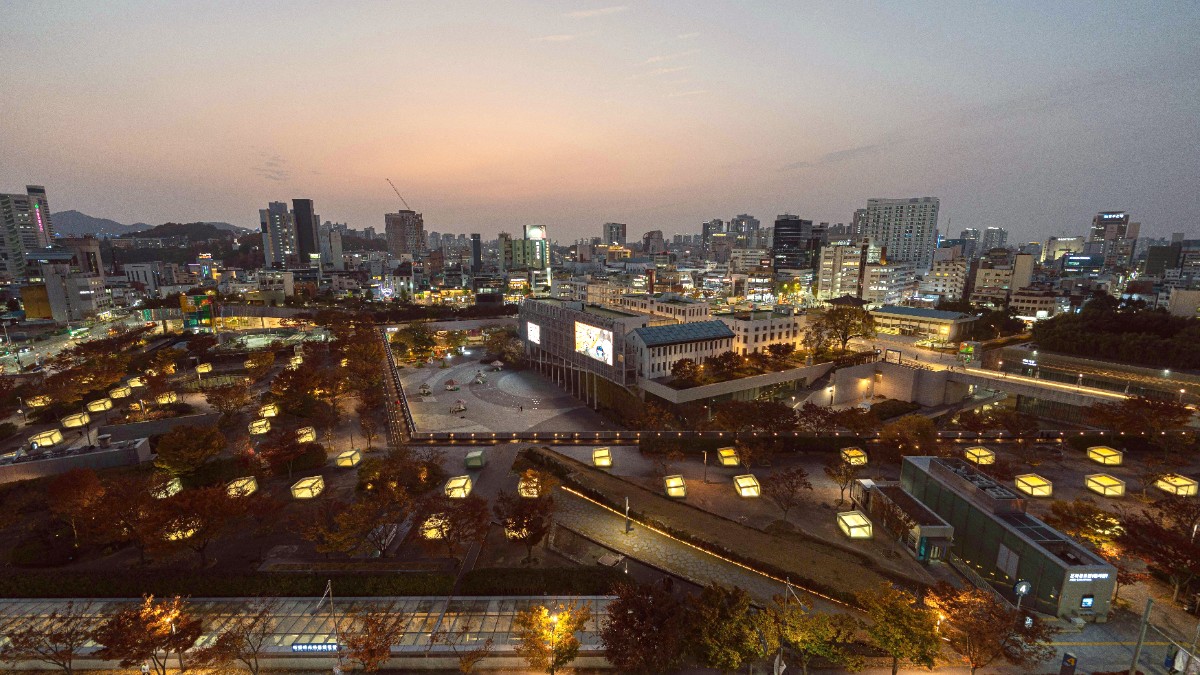
Jeollanam Do, South Korea
South Korea has a Visa Waiver Program (VWP) for citizens of many countries, including the United States, Canada, Australia, New Zealand, and most EU member states. Short-term stays for tourism or business typically range from 30 to 90 days, with the specific period determined by nationality. Always verify the duration applicable to your country.
For eligible visitors, a Korea Electronic Travel Authorization (K-ETA) is necessary before boarding your flight. Apply through the official K-ETA website (www.k-eta.go.kr). The application costs 10,000 KRW (approx. $8-9 USD) and, once approved, remains valid for two years. Complete it well in advance of your departure. If your nationality is not covered by the VWP or K-ETA, apply for a visa at a Korean embassy or consulate.
No general entry fees exist for tourists beyond the K-ETA application fee. Upon arrival at a South Korean airport, proceed to immigration. Present your passport and K-ETA approval (if applicable). Immigration procedures include fingerprinting and a facial scan. A customs declaration may be necessary for certain goods. The process is generally efficient.
No special permits are typically needed for standard tourist activities in Gwangju or Mudeungsan National Park. Specialized activities, like professional filming or access to restricted military zones, would require specific permissions.
Many nationalities eligible for short-term stays (30-90 days).
United States, Canada, Australia, New Zealand, most EU member states.
Mandatory for VWP travelers, apply online before travel. Valid for two years.
For nationalities not covered by VWP or K-ETA.
Korean embassy or consulate in your home country.
Tourist Visa (C-3), Business Visa (C-4), and various long-term options.
Generally none, but routine vaccinations advised.
Ensure MMR, DTP, Varicella, Polio are up-to-date. Consult a doctor.
As of early 2024, no specific health-related entry requirements beyond standard immigration checks.
South Korea's currency is the Won (KRW, ₩). Exchange major international currencies (USD, EUR, JPY, CNY) at Incheon International Airport (ICN), banks, or certified exchange offices. ATMs are widely available, look for "Global ATM" signs. Inform your bank of travel plans. Credit cards are widely accepted in major establishments. Cash is useful for smaller shops, markets, and street food.
Tipping is not customary in South Korea. Service charges are usually included in prices, or service is simply considered part of the culture. Offering a tip might be seen as unusual. In very high-end establishments, a small gratuity might be accepted, but it is not expected.
₩50,000 - ₩80,000 (~$37 - $60 USD) per day. Hostel, street food, public transit.
₩100,000 - ₩180,000 (~$75 - $135 USD) per day. Mid-range hotel, local restaurants, some taxis.
₩250,000+ (~$185+ USD) per day. 4-5 star hotel, fine dining, private transport.
₩4,000 - ₩7,000 per cup.
₩1,250 - ₩1,400 with T-Money card.
South Korea maintains high standards for public health and safety.
Common health concerns relate to environmental factors or general travel ailments. Air pollution ("fine dust") can be an issue, especially in spring. During summer, heatstroke and dehydration may occur. In winter, cold and flu are common.
Healthcare and emergency services are modern and efficient. Gwangju has large general hospitals and clinics. Tap water is potable. Food hygiene standards in restaurants and street food vendors are rigorous.
For assistance and information, a 24/7 hotline is available.
These strategies help manage your budget effectively while still enjoying a rich and immersive experience in Gwangju.
Gwangju's subway and bus system is efficient and affordable. A T-Money card makes travel seamless, offering discounts and free transfers.
Opt for local restaurants serving traditional Korean set meals (백반), gukbap, or jjigae for authentic and budget-friendly meals. Explore traditional markets for affordable street food.
These accommodation types offer lower rates and often include breakfast, good value for budget-conscious travelers.
Many of Gwangju's significant historical sites, beautiful parks, and public areas of the Asia Culture Center offer free entry.
You experience important aspects of the city without admission fees. For affordable snacks, drinks, and simple meals, convenience stores like GS25, CU, and 7-Eleven are widely available.
Tap water is generally safe to drink in Gwangju, reducing the need to buy Bottled water constantly. Carry a reusable water bottle and refill it from your accommodation or public water fountains to save money and reduce plastic waste.
Affiliate link for bottled water is included for convenience, though tap water is safe.
Your passport must be valid for at least six months beyond your planned departure date.
Immigration officers may request evidence of sufficient funds and accommodation for your stay.
Comprehensive travel insurance is strongly recommended for medical emergencies, trip cancellations, lost luggage, and emergency evacuation.
For health and personal safety, a few items provide a layer of preparedness.
Adventure Medical Kits offer first aid supplies for travelers, useful for minor injuries.
LifeStraw provides water filtration products, though tap water is generally potable.
Pacsafe offers anti-theft bags and travel security products for valuables.